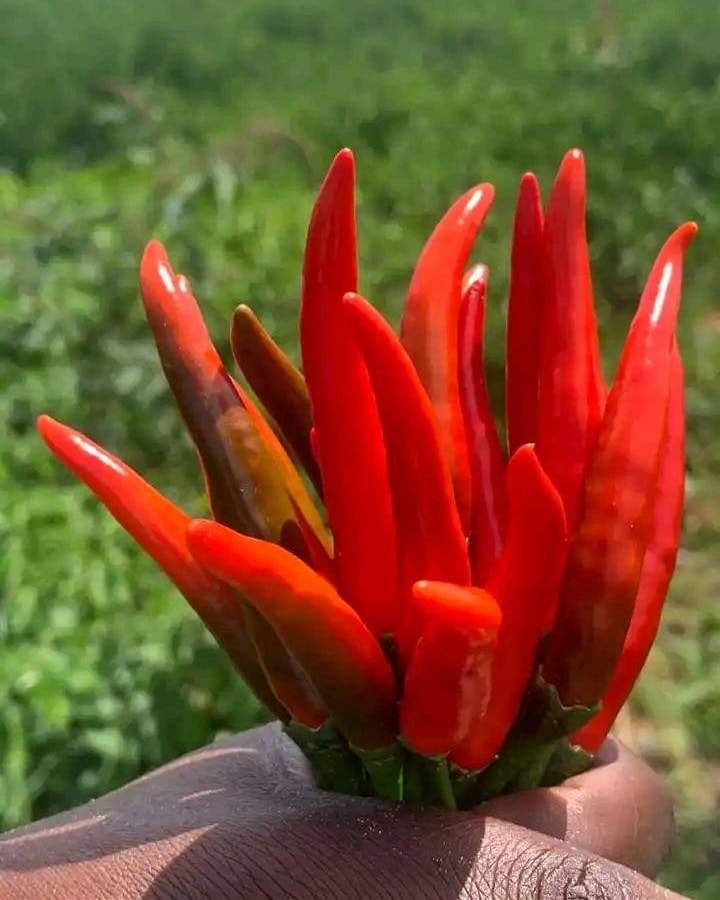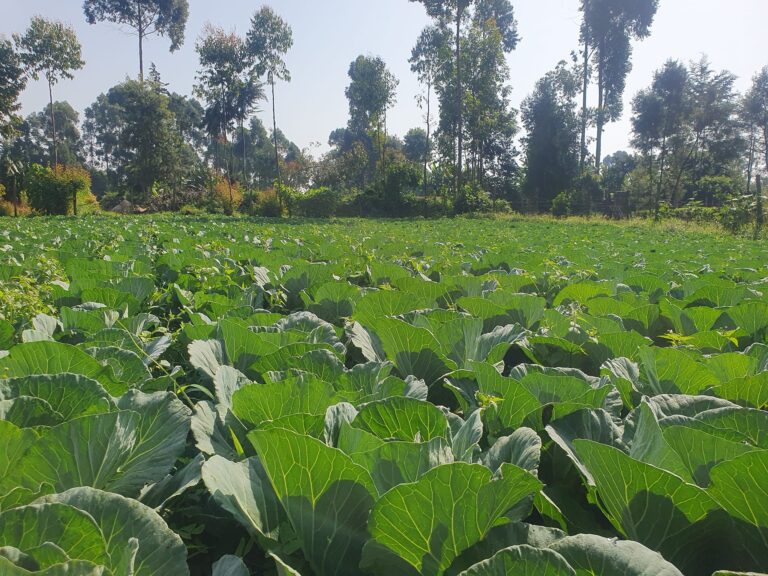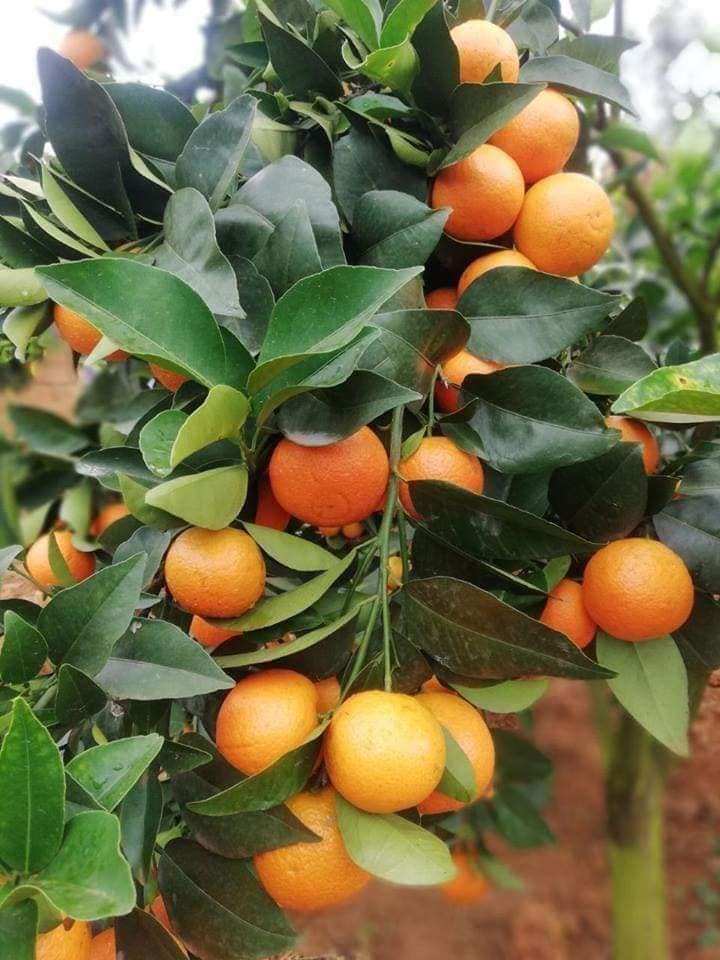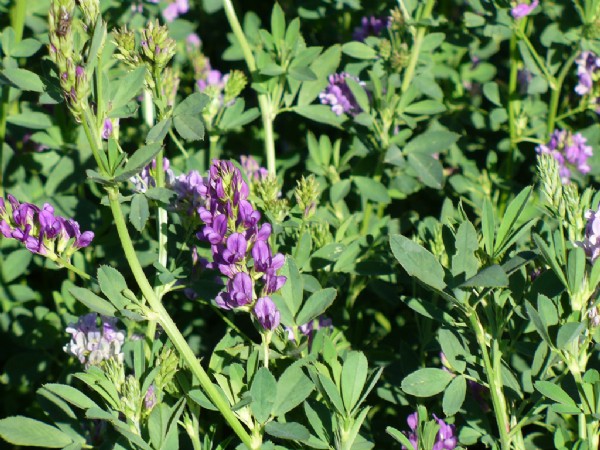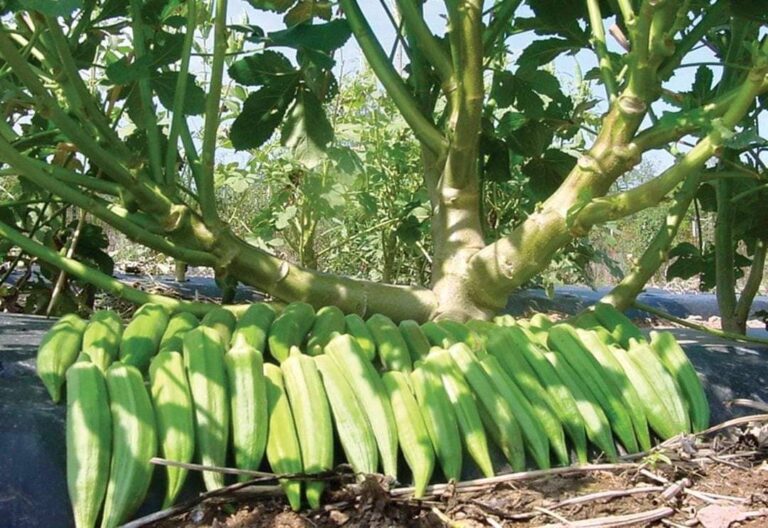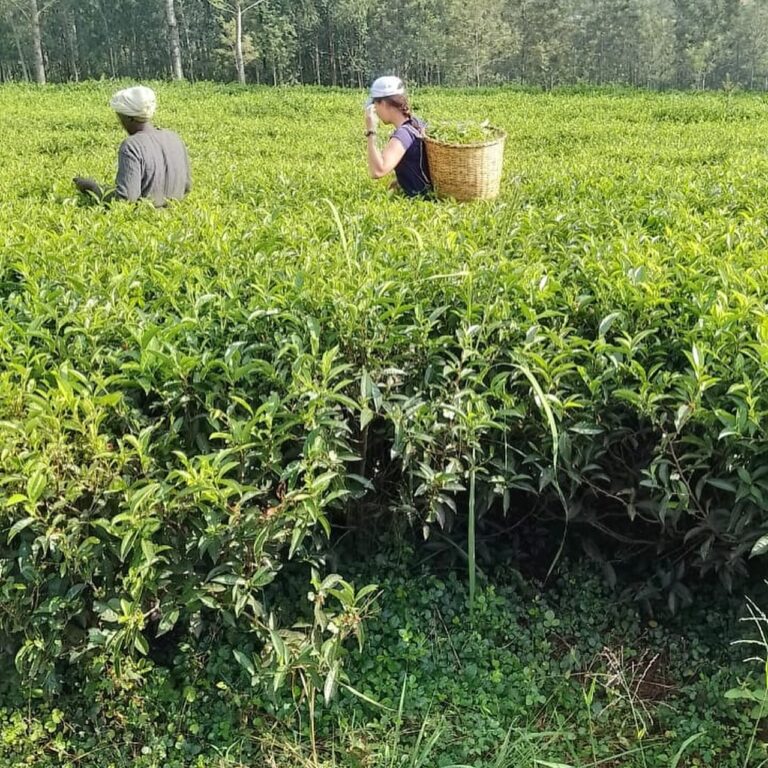Cost of Dorper Sheep Farming in Kenya
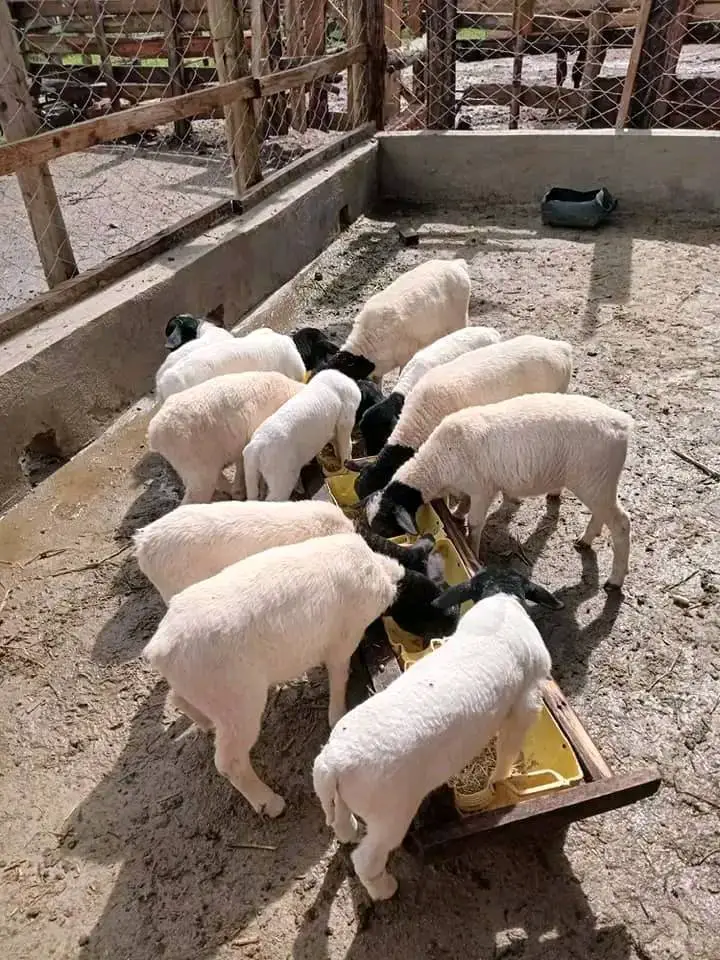
1. Land Acquisition and Preparation
Securing suitable land is a foundational step in Dorper sheep farming. The cost of land varies based on location, size, and proximity to infrastructure.
- Land Purchase or Lease: In Kenya, land prices can range from Ksh 500,000 to Ksh 2,000,000 per acre, depending on the region and land quality. Leasing is an alternative, with annual costs between Ksh 20,000 and Ksh 50,000 per acre.
- Land Preparation: Preparing the land involves clearing vegetation, establishing pastures, and ensuring proper drainage. Estimated costs range from Ksh 10,000 to Ksh 30,000 per acre.
2. Infrastructure Development
Proper infrastructure ensures the safety and productivity of the sheep.
- Fencing: Essential for protecting sheep from predators and preventing straying. The cost of fencing ranges from Ksh 500 to Ksh 1,000 per meter, depending on materials used.
- Housing/Shelter: Constructing shelters to protect sheep from harsh weather conditions is crucial. The cost varies between Ksh 5,000 and Ksh 10,000 per square meter.
3. Acquisition of Breeding Stock
Investing in quality breeding stock is vital for a successful venture.
- Dorper Sheep Purchase: The price of Dorper sheep in Kenya varies based on age, weight, and sex, typically ranging from Ksh 8,000 to Ksh 20,000 per sheep.
4. Feeding and Nutrition
Proper nutrition is essential for the health and productivity of Dorper sheep.
- Feed and Supplements: Monthly feeding costs range from Ksh 2,000 to Ksh 5,000 per 50 sheep, depending on feed quality and availability.
5. Veterinary Services
Regular health check-ups and vaccinations are crucial to prevent diseases.
- Veterinary Care: Annual veterinary expenses can range from Ksh 20,000 to Ksh 100,000, depending on the flock size and prevailing veterinary fees.
6. Labor Costs
Skilled labor is necessary for daily farm operations.
- Labor Expenses: Monthly labor costs range from Ksh 50,000 to Ksh 200,000, depending on the workforce size and skill level.
7. Miscellaneous Expenses
Additional costs include utilities, transportation, and unforeseen expenses.
8. Potential Revenue
Understanding potential income is crucial for assessing profitability.
- Meat Production: Dorper sheep are prized for their tender meat, which commands premium prices in local and international markets.
- Breeding Stock Sales: Selling high-quality lambs or breeding ewes and rams can be lucrative, with prices ranging from Ksh 15,000 to Ksh 30,000 per sheep.
9. Break-even Analysis
A well-managed Dorper sheep farm can break even within the first year, considering efficient farm management practices.
10. Government Support and Regulations
The Kenyan government offers various support programs and regulations to promote sheep farming.
- Financial Support Programs: Institutions like the Agricultural Finance Corporation (AFC) provide livestock development loans with flexible repayment terms.
- Technical Assistance: The government offers free extension services, breeding improvement programs, and disease control support.
- Regulatory Requirements: Farmers must obtain essential permits, ensure regular veterinary inspections, and maintain proper record-keeping.
11. Risk Factors
Identifying potential risks is essential for mitigation.
- Disease Outbreaks: Implementing strict biosecurity measures is crucial to prevent diseases.
- Market Fluctuations: Diversifying income streams can help mitigate risks associated with price volatility.
12. Recommendations
To enhance profitability and sustainability:
- Invest in Quality Breeding Stock: High-quality genetics lead to better growth rates and meat quality.
- Implement Efficient Farm Management Practices: Focus on disease prevention, high-quality feed, and effective breeding strategies.
- Utilize Government Support Programs: Leverage available financial and technical assistance to improve farm operations.
Cost-Saving Strategies
- Rotational Grazing: Reduces feed expenses by 30–40%.
- Bulk Purchasing: Feed and vaccines bought in bulk lower unit costs.
- Community Sharing: Cooperatives share rams, equipment, and labor.
13. Conclusion
Dorper sheep farming in Kenya presents a lucrative opportunity for farmers. By understanding and managing the associated costs, farmers can establish a profitable and sustainable enterprise.
All figures are estimates based on 2025 market surveys and farmer interviews in Kenya.
